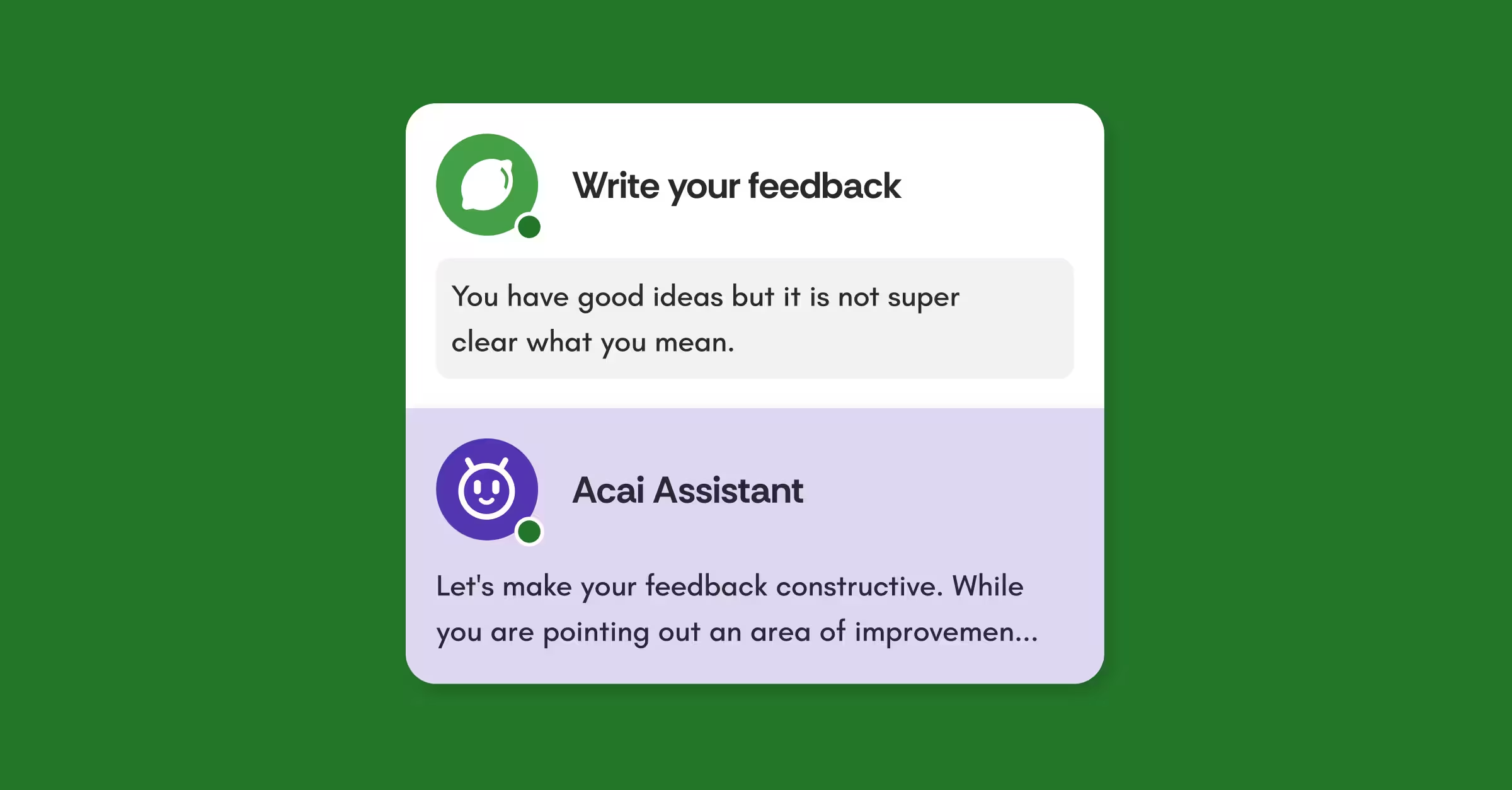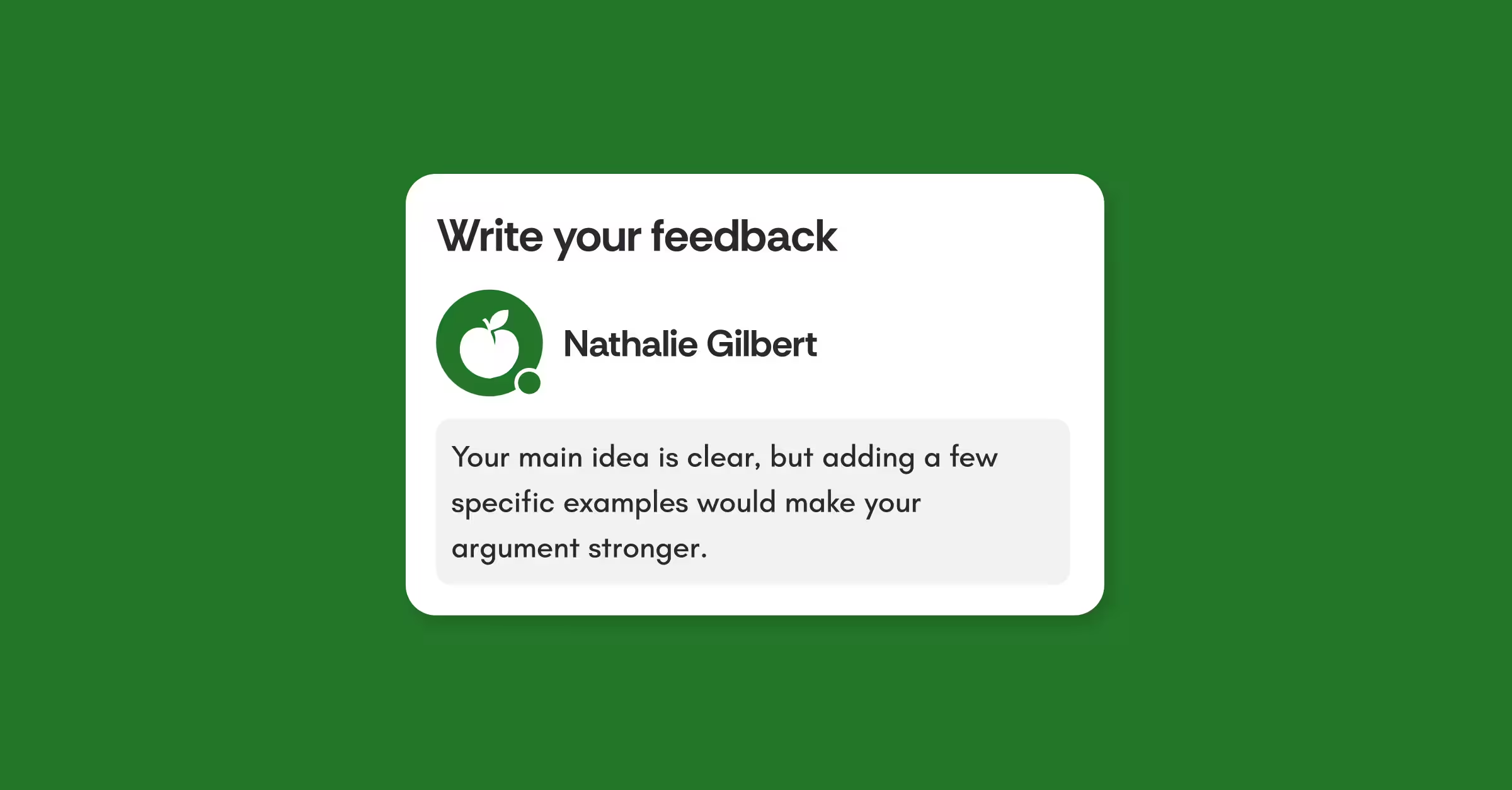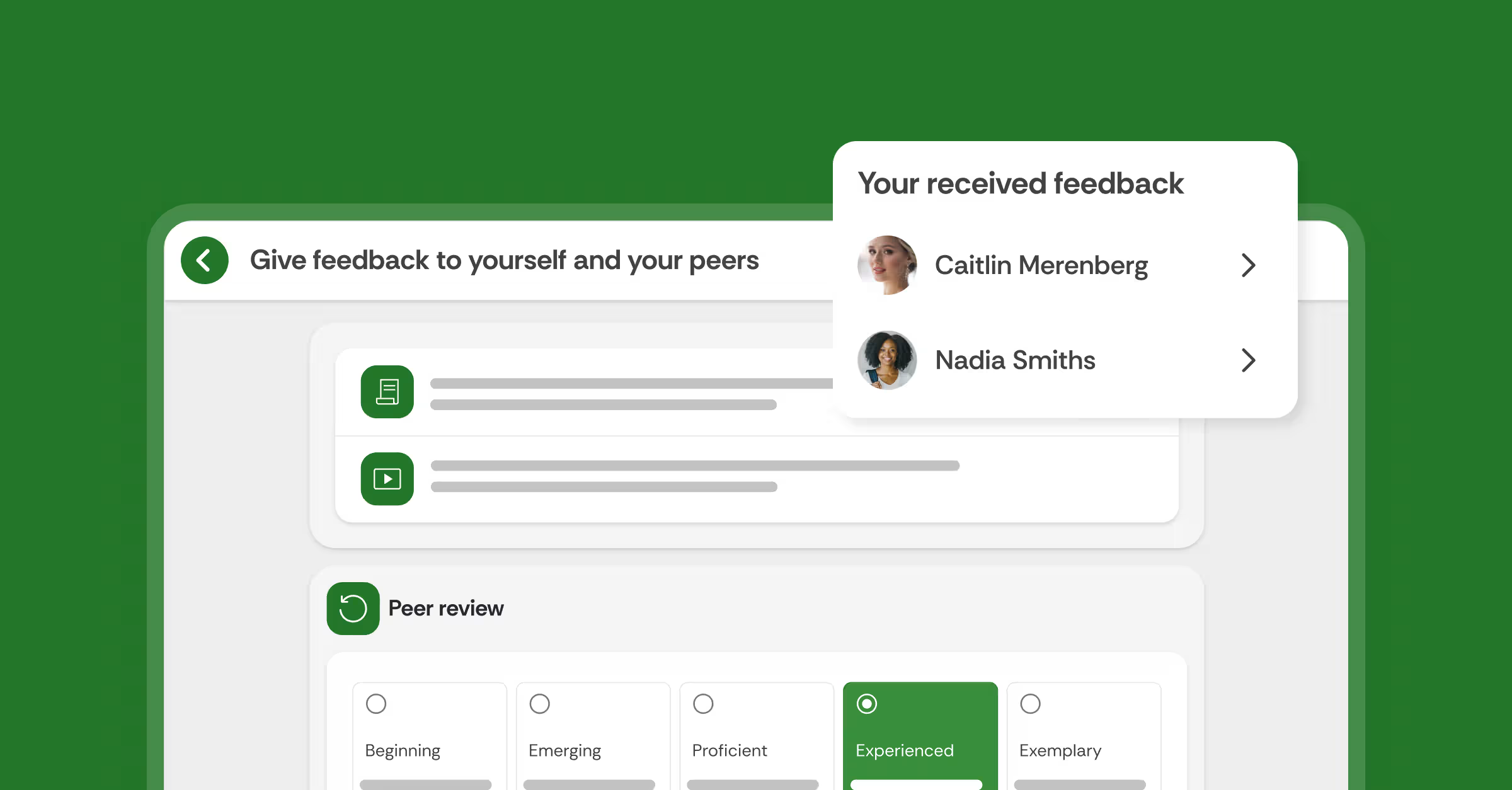inspirED 2021: The first step to build a pedagogical community
It's been an incredible, exciting, and inspiring two days of inspirED 2021.
And we would love to extend our greatest thanks to all of the speakers and attendees who contributed to our first-ever virtual conference. We truly appreciate your insights, sharing, and experience in enhancing teaching & learning in higher education.
FeedbackFruits’ first virtual event - inspirED 2021 brought together the true innovators within higher education to discuss and exchange their research and best practices to cultivate scalable, sustainable education. Our hope is that this experience sparks inspiration and motivation for educators everywhere in the transition towards the “new normal” after COVID-19.
This article summarizes the highlights of inspirED 2021: how it all started, my key takeaways from each event day, and where we’re headed for the future.
You can revisit all the session recordings on the event platform. In case you didn’t register for the event, join our Linkedin group: The Learning Design Community to access all the event materials.
How it all started
Just about 2 months ago, 12 people from FeedbackFruits started drafting the first structure of inspirED 2021. At that time, we had no clues how the event would turn out, but we were absolutely sure about one thing: inspirED 2021 must pave the way towards a professional learning community. This community, in our mind, will encourage the exchange and application of ideas to enhance educational design.
With inspirED being our first virtual conference, there was undoubtedly hesitation and uncertainty at first. However, a community showed up and pulled through: and the results were beyond any of our expectations.
We welcomed nearly 1,000 registrants, of whom over 500 logged into the event platform during the 2-day conference.
14 live sessions, presented by 23 speakers, delivered 14 stories of best practices and lessons learned on effective teaching. There is so much to gain, and to learn from these amazing presentations. Here are the key learnings from inspirED 2021 that I would like to share with you.

3 lessons I’ve learned from inspirED 2021
As one of the attendees shared with us after the conference:
“... I picked up valuable nuggets that I can deploy in my teaching… Thanks again. I'm looking forward to your next inspirED conference.”
We’re sure this was felt by almost everyone who attended inspirED 2021, and that you were able to “pick up valuable nuggets” for yourself.
For me, as part of the organizing team and also an attendee, I’d like to share my takeaways from the entire 2-days of the conference. These; however, are not exhaustive. As I revisited the sessions, I kept learning valuable lessons for myself.
1 | Education must cater to learner variability and remove the existing barriers
“Over the past pandemic year, many of our students have been dealing with a wide range of challenges” - noted Linda Lee, Director of Instructional Design in her keynote speech.
These challenges, ranging from lack of physical interaction, financial situation, background knowledge, neurodiversity, to mental health, could all be barriers to effective learning. This was also the moment we realized the importance of learner variability.
The solution is to make courses more accessible and easier to participate in for the learners. In other words, educators must take into consideration learners’ actual needs when designing courses. And Universal Learning Design (UDL) framework can be the perfect framework to ensure an inclusive, equal, and accessible learning environment.
“Universal Design is tied to the idea that we want to make whatever we are building as useful as possible for as many as possible”
According to UDL, educators should address three factors: learners’ interests and motivation (the Why), teaching and delivery methods (the What), and ways of knowledge demonstration (the How). The application of UDL should be at all levels of course design: course policies, course materials, activities and assessments, and technology use.
2 | Education requires innovation, resilience, and flexibility
For everyone within higher education, the pandemic wave caught us completely off guard. Changes happened overnight as campuses closed down, and courses had to move to the online format. Such transitions traumatized faculties, teachers, and students alike, yet it struck us with a realization that there has been a long-overdue need for educational transformation. In other words, it is urgent that we rethink every aspect of course design, from learning activities, assessment, to feedback/group work facilitation. And it is important that we work together to find new ways to increase engagement and interaction, which are key to effective learning.
I couldn’t agree more with Dr. Justin Louder from Texas Tech University, as he noted in his presentation:
“Gone are the days of sage on the stage, where teachers impart knowledge to the students”
Yes, gone are the days of traditional lecturing where teaching was one-way. For now and in the future, education should encourage active learning, constructive feedback and collaboration. In order for this to happen, it is the role of educators to maintain an innovative mindset.
3 | Educational transformation requires professional collaboration
Creating a positive impact on education doesn’t mean one has to work alone, to innovate alone. Educational transformation depends on the wisdom of the crowd, and the power of pedagogical collaboration.
To quote Ewoud de Kok, co-founder and CEO of FeedbackFruits, in his closing remarks of inspirED 2021:
“Society as a whole can be seen as a group project. And to renovate higher education, we need a pedagogical community. We are all in this together.”
If everyone within higher education can work together, share, and learn from each other, we can truly transform the learning experience, and ultimately - education.
inspirED 2021 has ended, yet it sets the first stone in FeedbackFruits’ mission to establish the pedagogical community, where all stakeholders in education can share and exchange ideas to improve teaching and learning. This is just the beginning of a great journey ahead to transform education.
The journey doesn’t end here
As Helena, our Partner Success Manager remarked when closing the conference: “The fun doesn’t stop here …”
inspirED 2021 is just our very first step in harnessing the power of collaboration to improve higher education. We have brought together everyone to discuss pedagogy, and we wish to sustain these valuable discussions and conversations by welcoming all of you to join our Learning Design Community. This, in our mind, will be the place for like-minded educators to share your ways of teaching, to learn from each other’s mistakes as well as successes, to inspire, and be inspired to level-up the quality of education.
You can now rewatch all the sessions at inspirED on our Youtube channel.
















![[New] Competency-Based Assessment](https://no-cache.hubspot.com/cta/default/3782716/interactive-146849337207.png)










